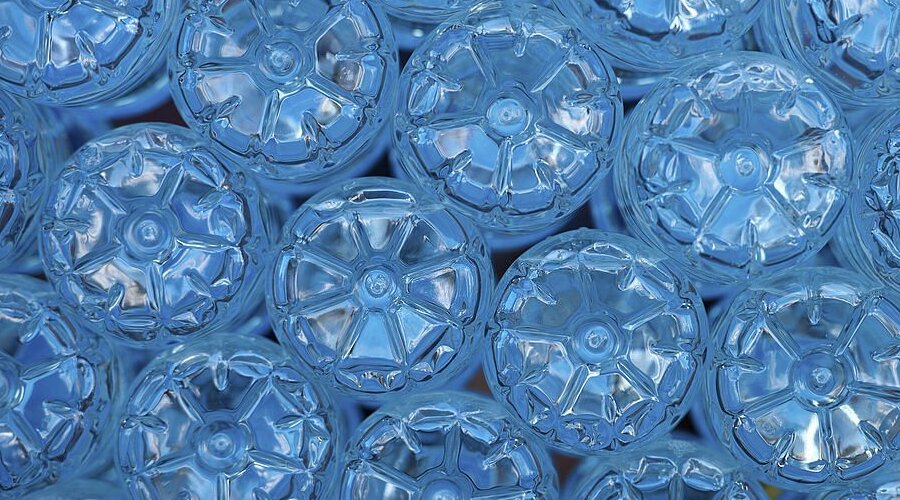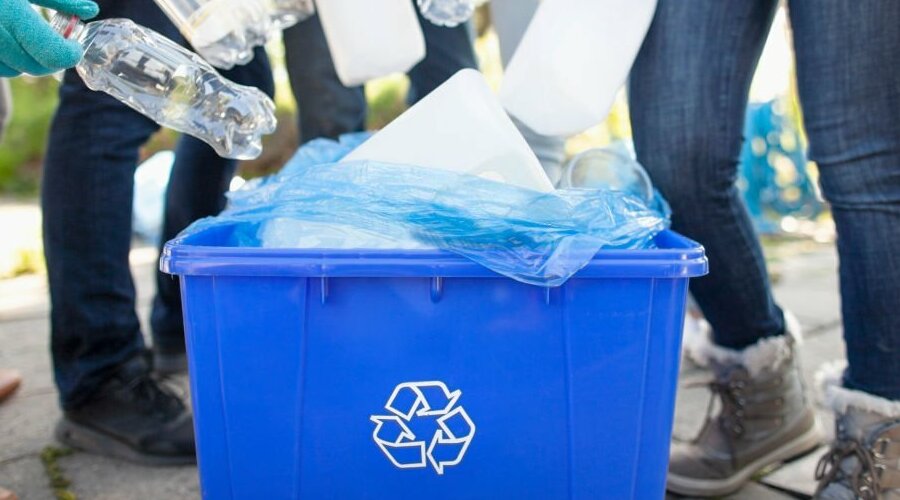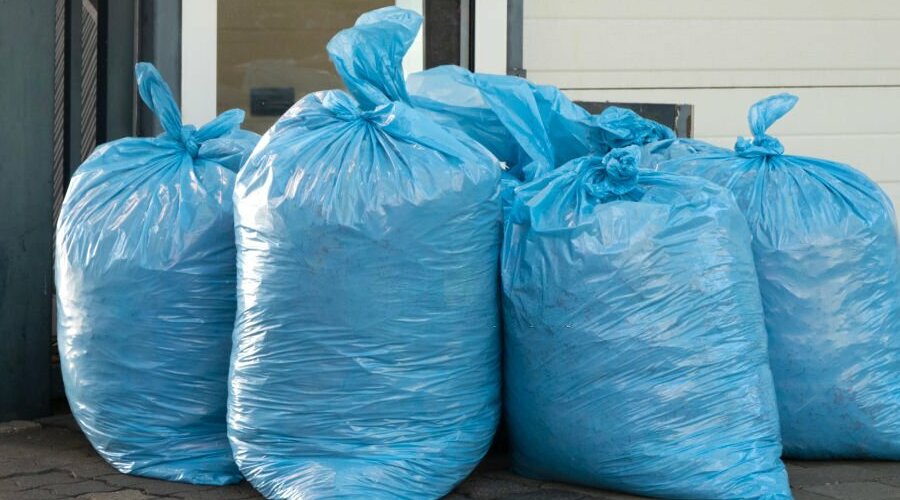10 Common Types of Wastes
Taking Action for a Greener Tomorrow
Waste management is an important issue that affects us all.
With landfills overflowing and recycling rates stagnating, it’s clear that we need to reduce the amount of waste we generate.
The good news is that there are many types of waste like electronic waste that can be easily removed from our daily lives.
By taking these simple steps from waste removal experts, we can all do our part to create less trash and live more sustainably.
Our Throwaway Culture is Causing Massive Waste
We live in a throwaway culture. The average American generates over 4 pounds of trash per day, with a staggering 30% of that being plastic. Much of this food waste, municipal waste, and solid waste is unnecessary and ends up clogging landfills or polluting our oceans and natural environments. Our disposable lifestyles are no longer sustainable for our planet.
The medical waste problem starts at production. Many products are designed to be used briefly and then discarded. This model of planned obsolescence results in tons of household waste like light bulbs. Then there is excessive packaging, which just ends up in the bin shortly after purchase. Our on-the-go habits also lead to relying heavily on single-use plastics and hazardous waste that are meant to be tossed.
This vicious cycle of throwaway living is harming wildlife, degrading ecosystems, and polluting our communities. We can no longer ignore our waste crisis. The time for change is now.
Remove These 10 Common Wastes from Your Life
The good news is that there are many types of waste in our lives that can be easily removed or swapped with reusables. By making a few simple changes to our daily habits, we can dramatically reduce the amount of trash we generate. Here are 10 common green waste you can start removing today:
1. Plastic shopping bags
Australians use over 10 million new plastic shopping bags every day. However, plastic bags are completely unnecessary. Bring reusable shopping bags made of canvas, jute or recycled materials whenever you shop. Stores sell affordable reusable bags if you forget yours. You can also request no bag and simply carry purchases freely to your car or bike.
2. Water bottles
Bottled water generates over 2.4 million tons of plastic waste type per year globally. With Australia council’s high-quality tap water, there is no need to buy disposable bottles. Use a reusable water bottle made of steel, glass or BPA-free plastic. Carry it with you to refill on the go. Not only will this prevent waste, but it will save you money in the long run.
3. Paper napkins and towels
Paper napkins, towels, and plates may seem harmless, but they are resource-intensive to produce and generate high volumes of organic waste. Swap disposable paper for reusable cloth alternatives. Use cloth napkins and kitchen towels that can be easily washed. Stock up on reusable bamboo plates, steel cutlery and glass containers for food storage.
4. Straws
Americans use over 500 million straws daily. Many end up in waterways and oceans. Refuse straws when you dine out or purchase reusable metal or bamboo straws. Better yet, skip the straw entirely. Your beverage does not require a single-use plastic tube to transport it from the glass to your mouth.
5. Coffee cups
Cups are lined with plastic and most are not recyclable. Each year, over 4 billion end up in landfills. Carry a reusable mug or glass cup. Some coffee shops even offer discounts when you BYO cup. Or stick to dine-in ceramic mugs if you drink coffee on-site.
6. Plastic produce bags
The thin plastic produce bags handed out freely in the grocery store produce section are wasteful. Bring reusable mesh produce bags and fill them as you select fruits and veggies. Or go bagless and place loose produce directly in your cart if the store allows it.
7. Food takeout containers
Takeout meals generate mountains of styrofoam and plastic container waste. Request restaurants use your reusable containers for takeout instead of disposal option. Carry stackable, reusable stainless steel or glass food containers with you when you eat out.
8. Snack wrappers and bags
Individually wrapped snacks or harmful chemicals create unnecessary waste. Buy snacks in bulk using your own reusable containers. Choose fresh fruits and veggies for snacks when possible. For treats, seek out natural food stores that sell unpackaged bulk bin candy and nuts.
9. Disposable razors and blades
We toss over 2 billion disposable razors and blades annually. Invest in a high-quality safety razor and use replacement blades. The handle and blade holder will last for years, with just the thin steel blades needing replacement. Or try shaving soap bars which require no razor at all.
10. Pads and tampons
Conventional feminine hygiene products generate over 200,000 tons of waste annually in Australia alone. Try reusable source options like menstrual cups, cloth pads, and period underwear. When you do rely on disposables, choose plastic-free organic cotton tampons or pads with biodegradable applicators and wrappers.
You Have the Power to Reduce Waste
By removing these 10 everyday wastes from your life, you can significantly reduce your environmental footprint and waste collection services. There are reusable, plastic-free alternatives for most disposable conveniences we rely on. With some small behavior changes, we can all help tackle the urgent issue of excessive waste.
Vote with your dollars and support businesses offering sustainable products and packaging. Write companies urging them to reduce plastic waste. Share your zero-waste journey and habits to inspire others. Our collective efforts can drive pivotal change toward a circular economy of reuse over disposability. Together, we have the power to radically reduce household items and preserve our planet for generations to come.
Frequently Asked Questions
Isn’t reducing waste inconvenient?
At first, it may feel inconvenient, but reducing waste gets easy with habit. Having reusable products on hand when you need them is key. Over time, you won’t even miss the disposable options. The small inconvenience is well worth preserving the planet.
Aren’t disposables more hygienic?
Reusables can be safely cleaned with soap, hot water, or sanitisers. Stainless steel, glass, and ceramic can be fully sterilised. Cloth items can be laundered regularly. With proper care, reusables are just as hygienic as disposables.
How do I find plastic-free alternatives?
Health risks, food stores, eco shops, and online retailers offer a growing range of plastic-free reusable products. Or get crafty and make your own cloth bags and containers from fabric scraps or old clothes. Thrift stores are also great places to find reusable items at low cost.
Isn’t recycling the solution to waste?
Unfortunately, recycling services have limitations. Many solid rubbish, liquid waste, and hazardous material like aerosol cans to be put in recycling bins still end up in landfills. The best option is to refuse disposable items altogether. Reducing consumption and reusing what we already have is key.
Can I really make a difference as one person?
Yes. Each person refusing disposables in favor of reusables and improper disposal make an impact. Your consumer choices, habits, and advocacy for waste reduction all play a part in driving positive change. Lead by example and inspire others. Together our actions multiply.
Conclusion
The path to proper disposal process may seem challenging, but it leads to lasting rewards.
Each small step toward refusing disposables and embracing reusables takes us closer to a cleaner, greener future.
The human health, of our planet and future generations, depends on the actions we take today.
Together, through our mindful choices and advocacy, we can stem the tide of trash and plastic pollution.
Be part of the solution. Your children and grandchildren will thank you.



